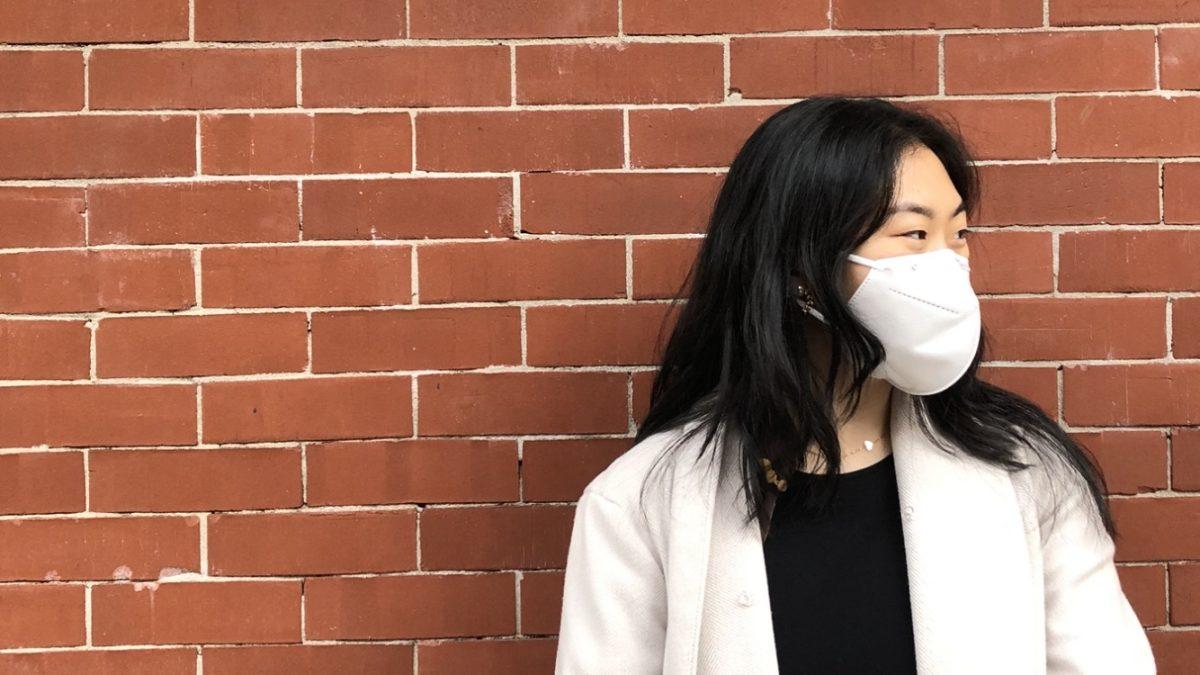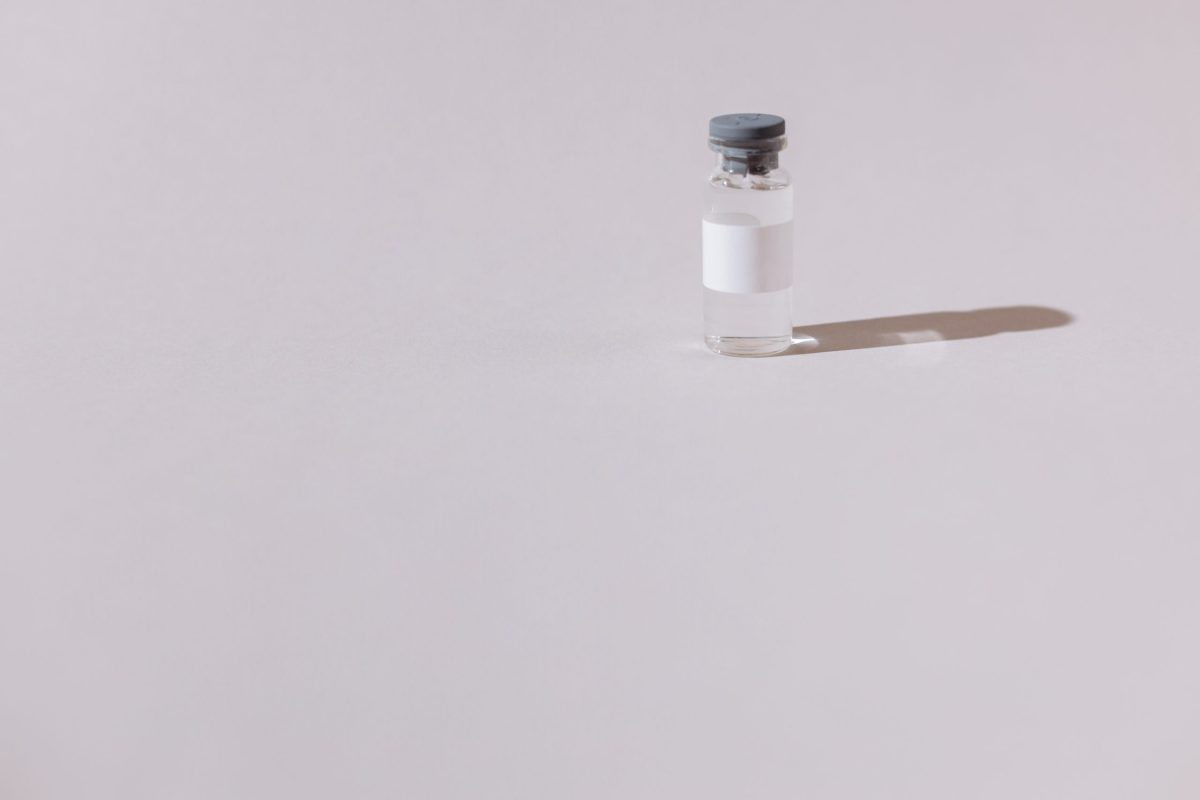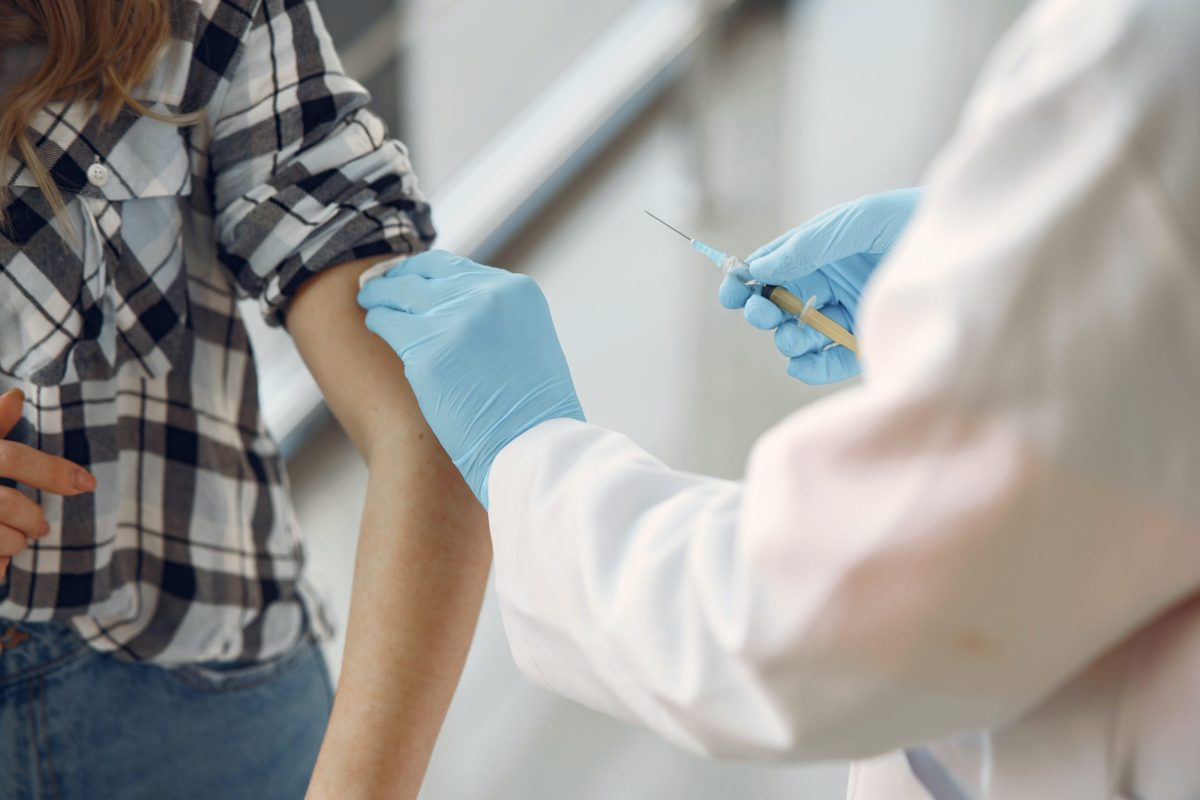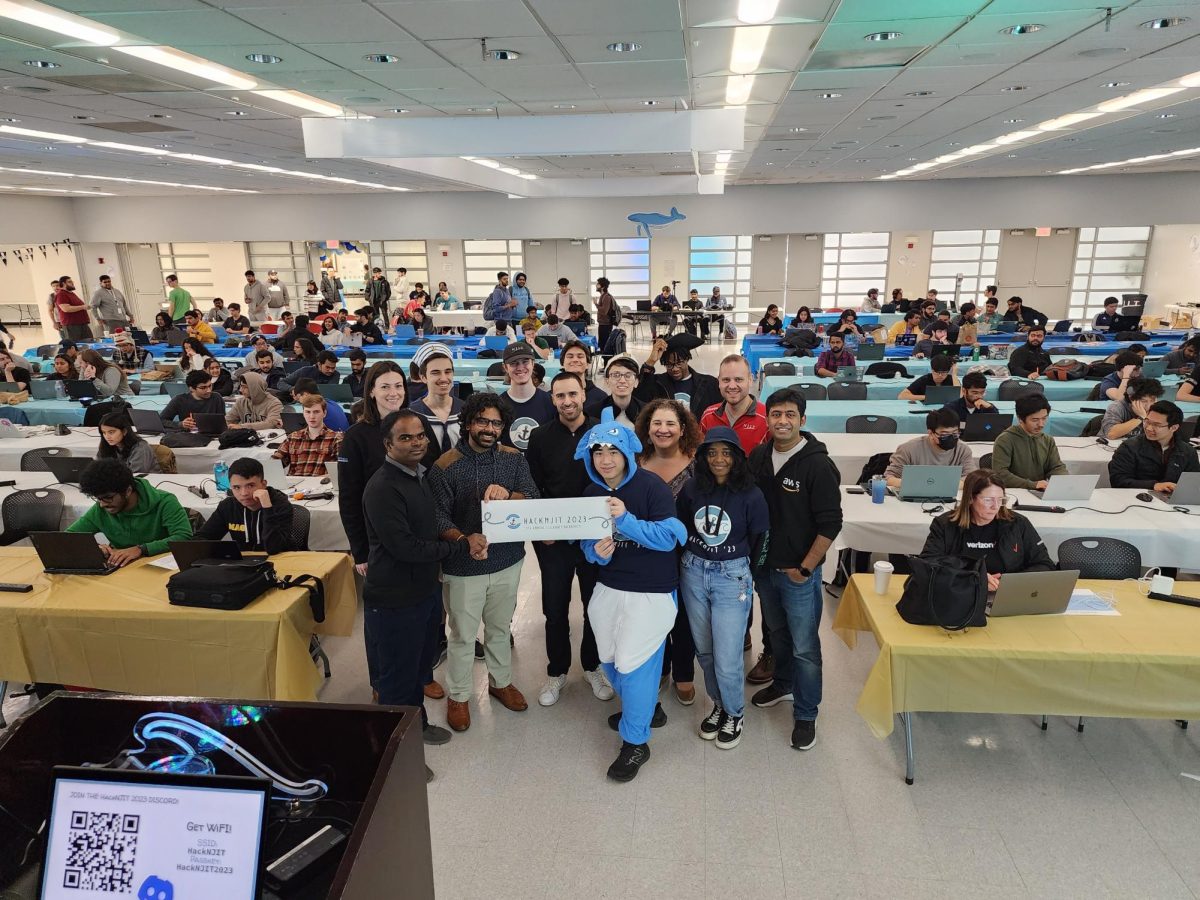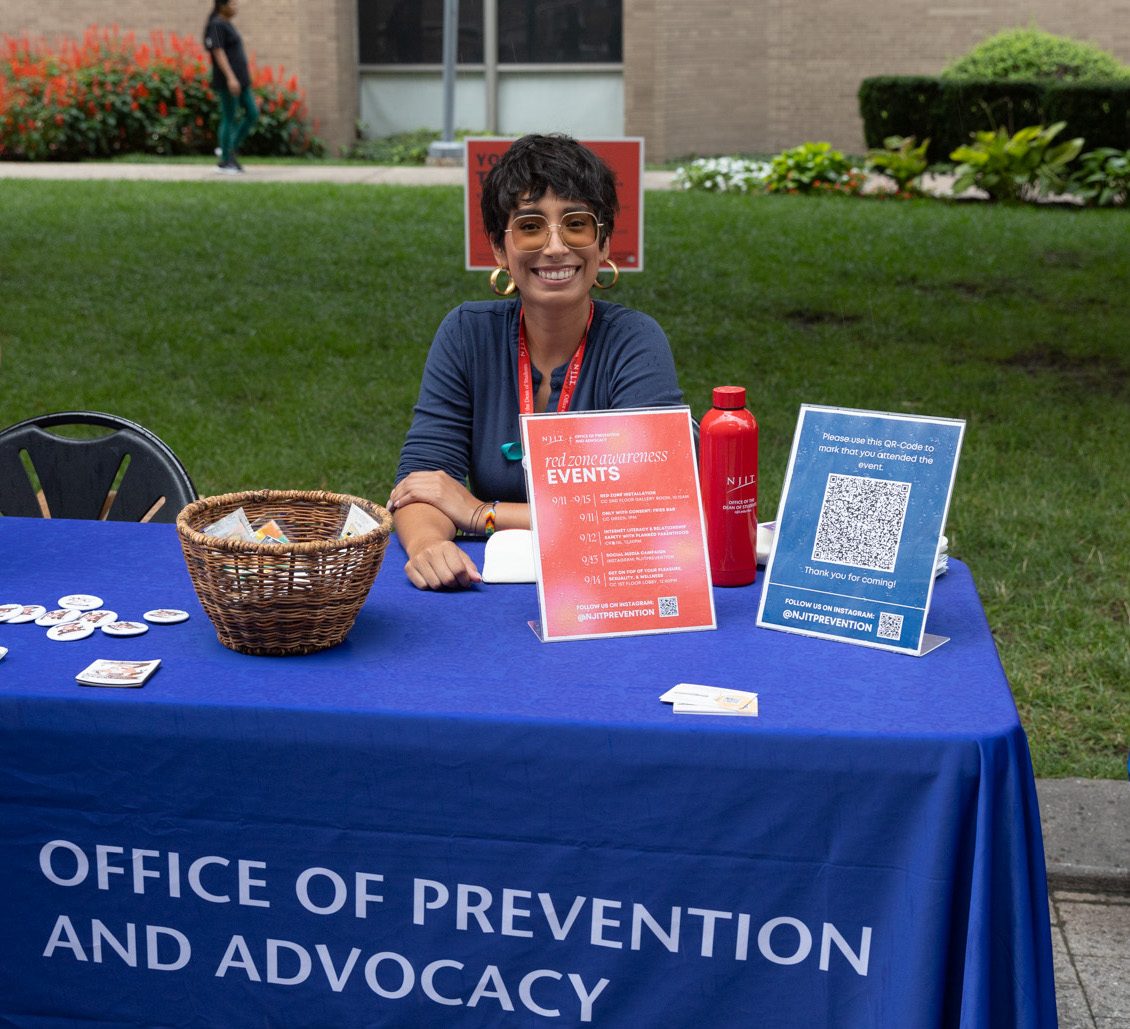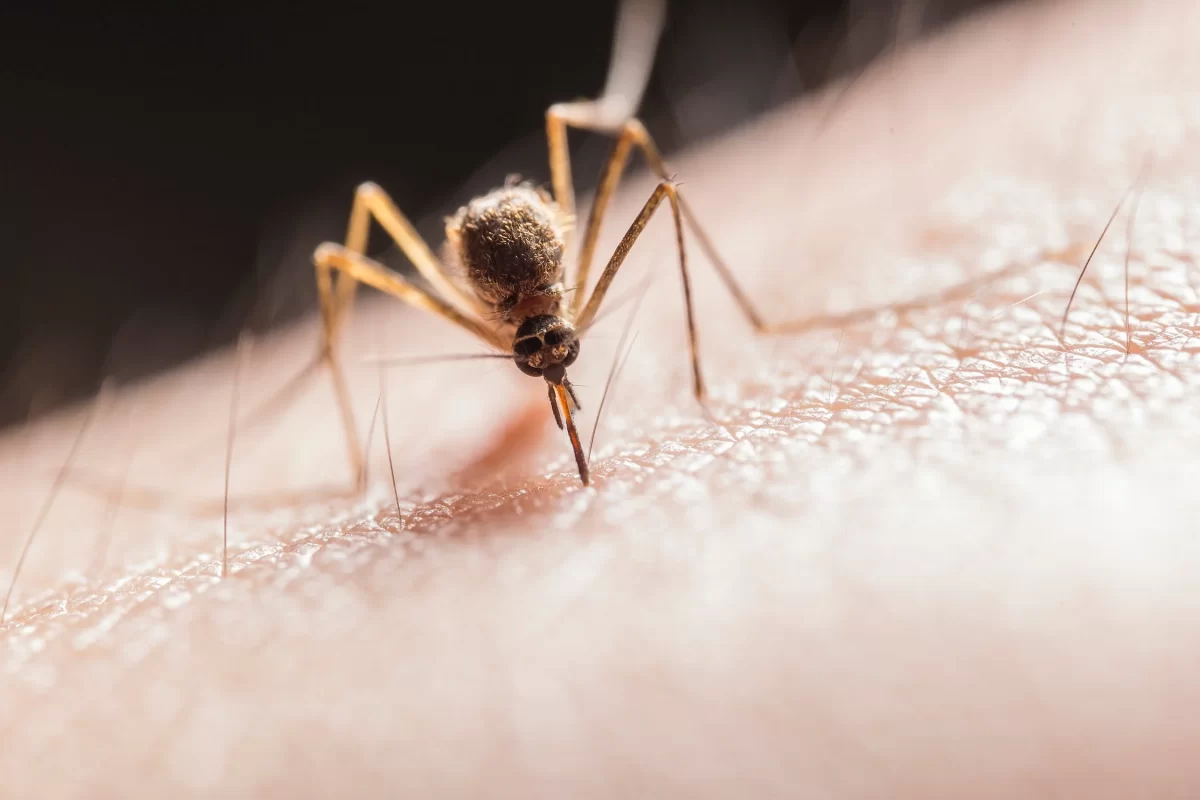Many students are aware of contact tracing methods for students utilized by the Dean of Students, a significant tool used in limiting further spread of COVID-19 once a person has tested positive. However, new changes in contact tracing protocols have been implemented for the spring semester, including more freedoms given to exposed students’ during their length of quarantine. Such changes beg the question of exactly how the contact tracing system at NJIT works.
According to the Dean of Students Office, a student that has been infected with COVID-19 can be identified by NJIT’s contact tracing team in several different ways: a student may self-report a positive test by contacting the Dean of Students Office, or NJIT’s on campus surveillance testing team, in conjunction with Bergen New Bridge Medical Center, or St. Michael’s Primary Care Center notifies the Dean of Students Office when a positive test is returned.
Residential students that test positive are asked to remain and isolate themselves at their primary residence. Meanwhile, residential students that test positive are relocated immediately to a room for self-isolation in Redwood hall, which is now utilized exclusively as for self-isolation for the spring semester.
The contact tracing process must begin as soon as possible once a student has tested positive in order to be most effective, especially because of the nature of the virus. Marybeth Boger, Dean of Students and Campus Life, explained that “an infected person can spread COVID-19 staring 48 hours before the person has any symptoms or has tested positive for COVID-19.” They use an email interview process in order to identify close contact encounters. A close contact encounter is contact with anyone who was within 6 feet of an infected person for at least 15 minutes, a CDC guideline that is closely followed, as Boger said.
Once contacts have been documented, they are sent a notification to self-quarantine and monitor themselves, while keeping the identity of the original student anonymous. Residents are instructed to quarantine in their room for 10 days and that they must take a COVID-19 test no earlier than their 7th day into their quarantine period in order to account for an incubation period. Potentially exposed individuals are allowed to leave their rooms at limited windows of time each day in order to obtain medical care, food and other essential items. The windows of time were determined by Residence Life.
Such protocols differ from those of the Fall 2020 semester, in which all potentially exposed residential students were instructed to quarantine for 14 days, with meal delivery services provided free of charge. Residential students also had to obtain a negative test result, although some students explained that they were still instructed to relocate to different rooms in the same dormitory hall despite returning a negative test result.
Boger explained these changes from last semester’s protocol. “Per the state, individuals are allowed to leave their place of quarantine ‘to seek medical care/treatment or to obtain food and other essential items.’ We felt it was important to allow students a little movement and fresh air from quarantine. However, exposed individuals are… given a clear set of expectations” that the windows of time are followed closely.
Boger expressed her faith and pride in NJIT’s community in following COVID-19 measures and surveillance testing, preventing a widespread campus outbreak. “Despite the challenges of not being able to socialize as in pre-COVID times, our students have been amazing with following the safety protocols in place so that we are able to remain open. I am proud to be a part of a community that has come together in challenging times, with students, faculty and staff.”

























